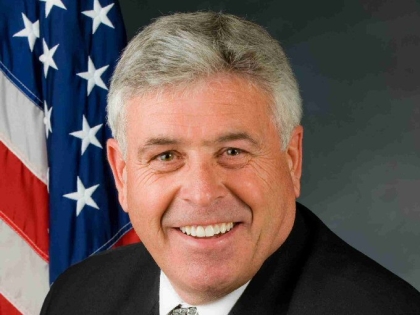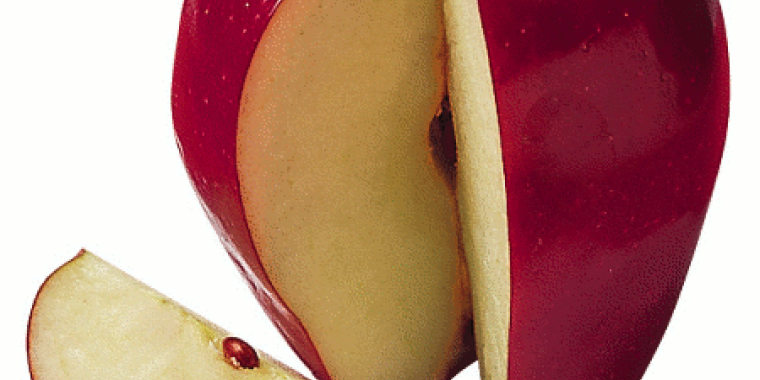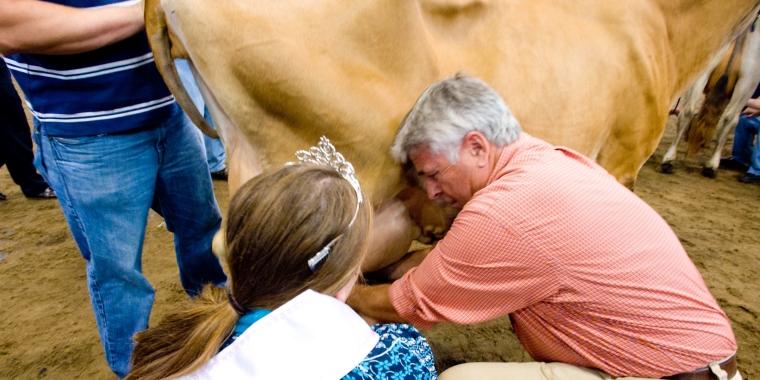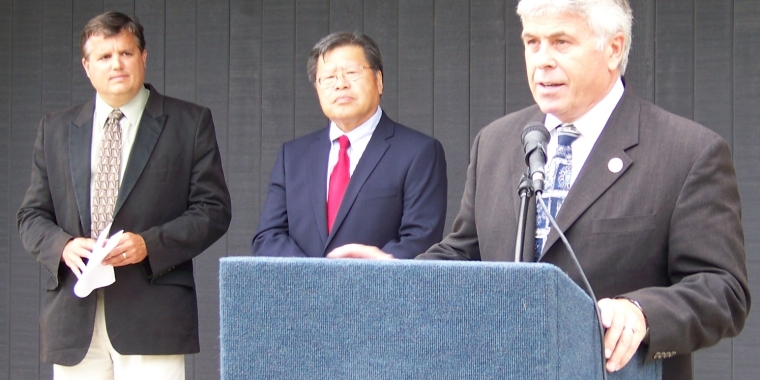
Senators Aubertine, Gillibrand get USDA to Reverse Ruling
Darrel J. Aubertine
September 25, 2009
-
ISSUE:
- Agriculture

U.S., State Senators teamed up to open up program to provide more local foods in schools
WATERTOWN (September 24, 2009)—After a strong push from state Senate Agriculture Chair Darrel J. Aubertine and U.S. Senate Agriculture Committee Member Kirsten Gillibrand, the United States Department of Agriculture has committed to changing its interpretation of a local foods provision of the 2008 U.S. Farm Bill to allow local farmers to slice and bag fruits and vegetables for school children to snack on.
“This is great news for New York State agriculture,” Sen. Aubertine said. “The Fresh Fruits and Vegetables Program is intended to give schools the ability to buy local fruits and vegetables. This reversal now means that simply slicing and bagging these fruits and vegetables for convenience will not prevent local farmers from providing the freshest, most nutritious foods for our school children.”
The 2008 Farm Bill through the Fresh Fruits and Vegetables Program authorizes schools to buy local produce that has not been processed for students to eat outside of school cafeteria programs. For convenience, the program operates best when this local produce has been washed, sliced and bagged, since it is eaten outside of the lunchroom.
However, a previous USDA interpretation of what it means for local produce to be considered “processed” has closed up this market for local farms. Sen. Aubertine and Sen. Gillibrand co-authored a letter asking USDA Secretary Thomas J. Vilsack to reverse this interpretation to help the Fresh Fruits and Vegetables Program succeed in helping local agriculture and making our children healthier. Sen. Gillibrand’s office was notified last week that the USDA will change its interpretation to allow sliced and bagged produce.
“We have to let our farmers do what they do best, and that’s deliver fresh fruits and vegetable to local communities,” said Senator Gillibrand. “New York farmers produce some of the highest quality, fresh produce in the country. The Farm Bill was supposed to make it easier for farmers to sell produce directly to New York schools, and this USDA ruling will finally ensure that our students will have healthy New York produce and our farmers can earn the extra income that comes from providing value-added products such as pre-cut apples. During difficult economic times, we need this new market to create jobs.”
"When we make local food available in our schools, our children get the freshest and finest produce available. We asked Secretary Villsack and the USDA to review this because the enforcement of de minimis handling had been contrary to what the bill's authors and all of us in the farm community were looking for,” Sen. Aubertine said. “I'm pleased to see that they are reviewing this and that New York farmers will have the opportunity to provide fresh snacks for our school children."
Jim Allen, President, New York Apple Association, Inc., said: “Apple growers from across the state appreciate Senator Aubertine's support to allow more New York State apples in local schools. His efforts to help remove confusing restrictions that kept New York State apples out of local schools came to fruition recently when the USDA announced a policy change, providing easier access of locally grown apple slices into our schools. We thank both Senator Aubertine and Senator Gillibrand for their leadership that will benefit New York Apple growers.”
Ray Denniston, Co-Chair New York State Farm-to-School Coordinating Committee, and advisor , New York State Food Policy Council, said: “New York students will have healthier food choices and New York growers can plan on a steady market for their produce thanks to this common sense decision by the USDA. Bagged, fresh apples slices are a healthy snack choice with the flexibility to be used in the cafeteria, classroom as part of the Fresh Fruit and Vegetable program, or as a healthy snack anytime. We want to thank Senator Aubertine and Senator Gillibrand for taking our concerns to the Department of Agriculture and getting results that will ensure a healthier future for New York’s children and New York’s agriculture.”
Jilly Stephens, Executive Director, City Harvest, said: “ Groups that work to address hunger and improved nutrition for low-income New Yorkers have been requesting for some time that schools have the option to include locally sourced food in school meals, especially in forms that schools can easily use. City Harvest applauds the USDA for revisiting the de minimis processing section of the Farm Bill so that healthy items like sliced fresh apples from New York state farms can be part of school lunches.”
In the Farm Bill's Joint Explanatory Statement, the authors of the bill said the term "unprocessed" should not be taken literally, but rather "logically implemented" to allow the preparation necessary to deliver farm products "to a school food authority in a usable form."
In February, Sen. Aubertine and Sen. Gillibrand asked the USDA to "...remain mindful of the vitality and value of New York's farms, the health of our school children, and the positive benefits of promoting local agriculture."
In their letter, Sen. Aubertine and Sen. Gillibrand stated that Farm to Fork programs create wealth and lead to increased employment through agriculture, "creating a ripple effect that strengthens our struggling rural communities. Additionally, locally grown and distributed food is likely to be fresher and more nutritious, a key to fighting childhood public health problems from obesity to diabetes."
-30-



